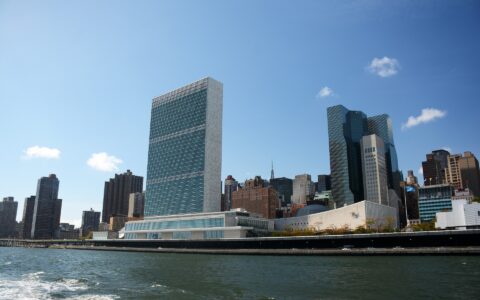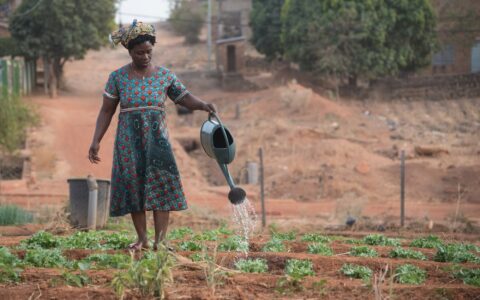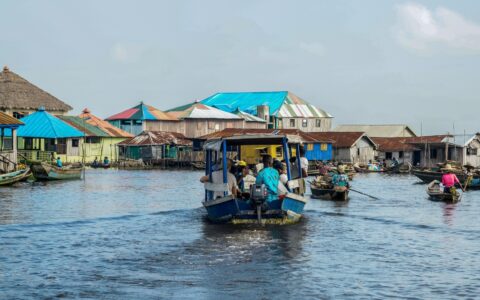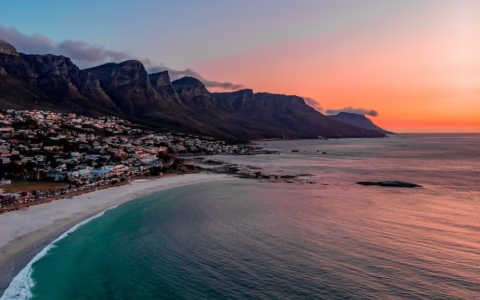Search Results
Share

Your search for 'africa' has returned 164 results:

Climate extremes, many now bearing human fingerprints, are already causing devastating impacts across the globe, and the time is high for Loss and Damage to be considered in concrete and actionable terms in the implementation of the Paris Agreement. But what are the next steps to really move this issue forward, and in particular what needs to be done at the first “Islands COP” in Bonn?
Comments

Comments

On 31 January and 1 February 2018, Climate Analytics and the Centre de Partenariat et d'Expertise pour le Développement Durable (CePED) organised a scientific workshop on vulnerability assessments in Cotonou, Benin. The workshop brought together over 30 scientists, practitioners and policy actors to discuss the practical organisation, timeline and methodological approach to assess vulnerability in the three nationally pre-identified sectors — agriculture, water and health.
Comments

Benin has launched three separate climate vulnerability assessments on agriculture, water resources and health at a workshop organized by Climate Analytics and the Centre de Partenariat et d’Expertise pour le Développement Durable.
Comments

Comments

For the first time the Adaptation Futures conference was held in Africa — an opportunity to shine a light on developing country adaptation issues. Six Climate Analytics experts had the opportunity to present their work and facilitate a number of sessions. Here's their perspective on the key threads at the conference.
Comments